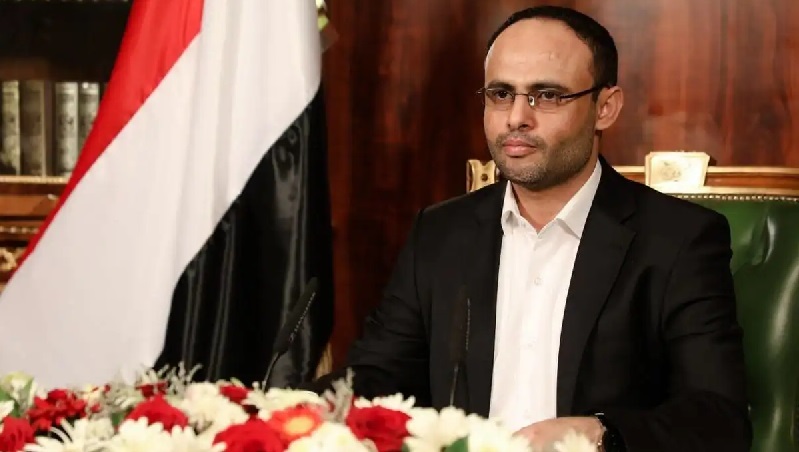Assassination of Nasrallah Triggers Regional Reactions and Tributes
In a tragic turn of events, Hassan Nasrallah, the leader of Hezbollah, was assassinated during an Israeli airstrike on southern Beirut on Friday, September 27, 2024. The targeted bombardment has shocked the Middle East, sending ripples of tension and sorrow through various resistance movements and nations in the region.
Mahdi Al-Mashat, a high-ranking Houthi official in Yemen, issued a statement expressing profound solidarity with both the Iranian leadership and the people of Lebanon. Al-Mashat honored Nasrallah’s legacy as a leader committed to resistance against oppression and the fight for justice. "Nasrallah dedicated his life to challenging oppression and advocating for dignity," Al-Mashat stated. "His leadership will continue to inspire the struggle for justice across the region."
In a symbolic gesture of respect and mourning, Al-Mashat directed that flags be lowered in tribute to Nasrallah. This act underscores the deep connections and shared sentiments among various resistance movements in the Middle East, reflecting a collective grief over the loss of a pivotal figure in the fight against regional injustices.
The assassination of Nasrallah comes at a time of increasing strain in the Middle East, where geopolitical tensions regularly flare. Hezbollah, a Shiite militant group and political party based in Lebanon, has long been a key player in the complex web of Middle Eastern politics. The group has received considerable support from Iran and has been involved in various conflicts against Israeli forces. Its leader, Hassan Nasrallah, was widely seen as a symbol of resistance not only in Lebanon but also among many factions throughout the Arab world.
This event marks a significant escalation in the ongoing conflict between Israeli forces and regional resistance groups. The assassination is likely to have far-reaching implications, potentially igniting further confrontations and complicating peace efforts in a region already fraught with instability.
Yemen’s show of solidarity with Hezbollah reflects a broader sentiment among resistance movements and their supporters. These groups, which often view themselves as united against common adversaries, are closely watching the unfolding situation. With Nasrallah’s death, many are left pondering the future of Hezbollah and its role in Middle Eastern geopolitics.
The death of such a high-profile leader signals a potentially volatile period ahead, as allies and adversaries alike recalibrate their strategies in response to this significant development. It also highlights the ever-present undercurrents of conflict that continue to shape the geopolitical landscape of the Middle East.
For more information on Hezbollah and the latest developments, visit the official Hezbollah website.
303
